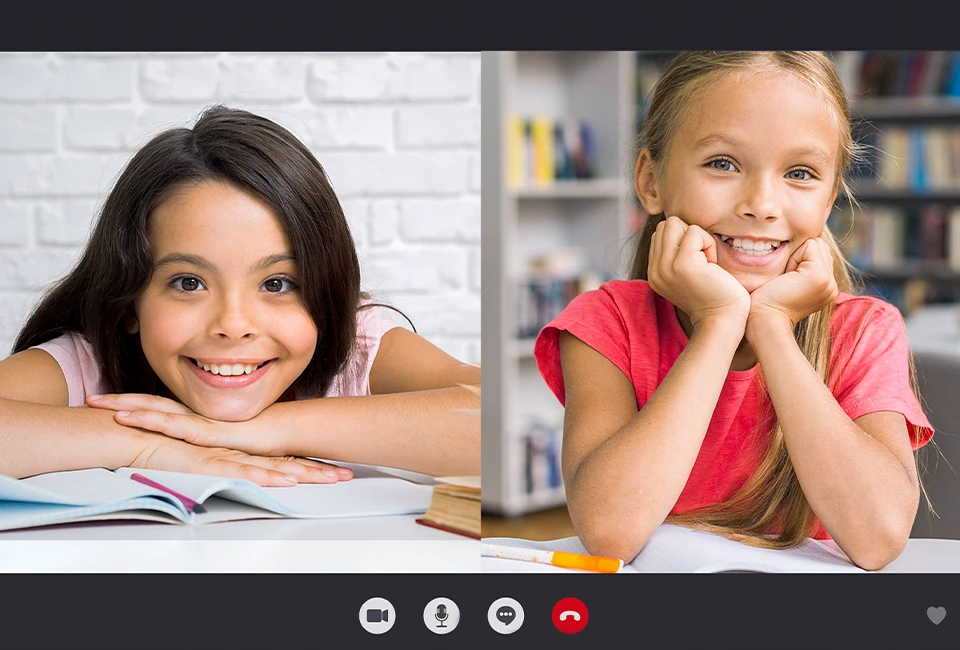Connect each classroom across different geographical locations.
We envision creating a learning environment without borders that can flexibly connect each classroom across different geographical locations. We believe such a ubiquitous intercultural learning environment that fosters shared values, mutual understanding, and critical thinking, and which promotes interaction across boundaries to broaden students' global horizons, leadership skills, collaborative problem-solving abilities, and contextual decision-making literacy.
Our Mission
Our mission is leveraging the advantages of technology to connect with classrooms worldwide to extend learning activities in school into exciting global learning experiences, enabling students to learn collaboratively with peers from different countries and positively influencing each other





